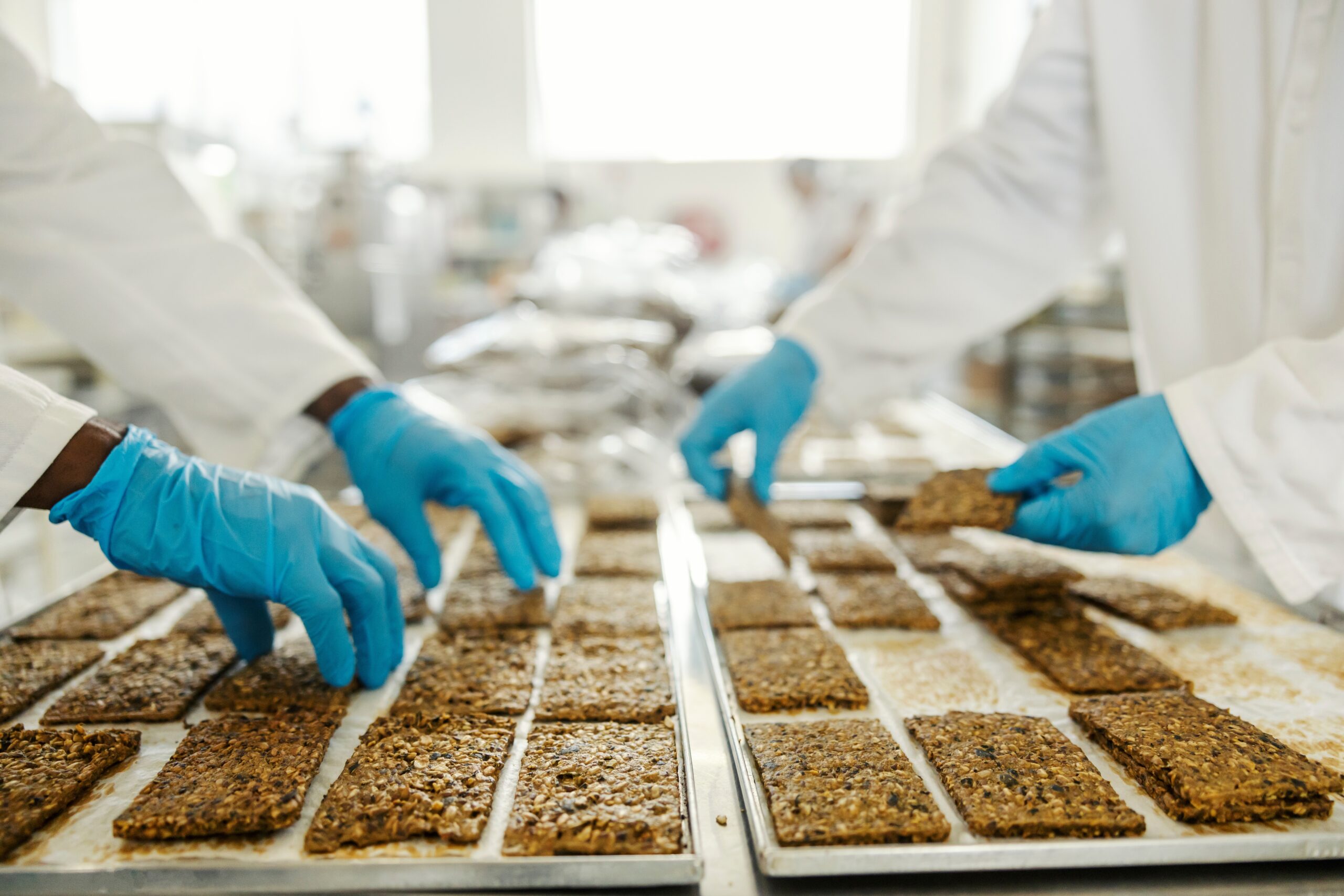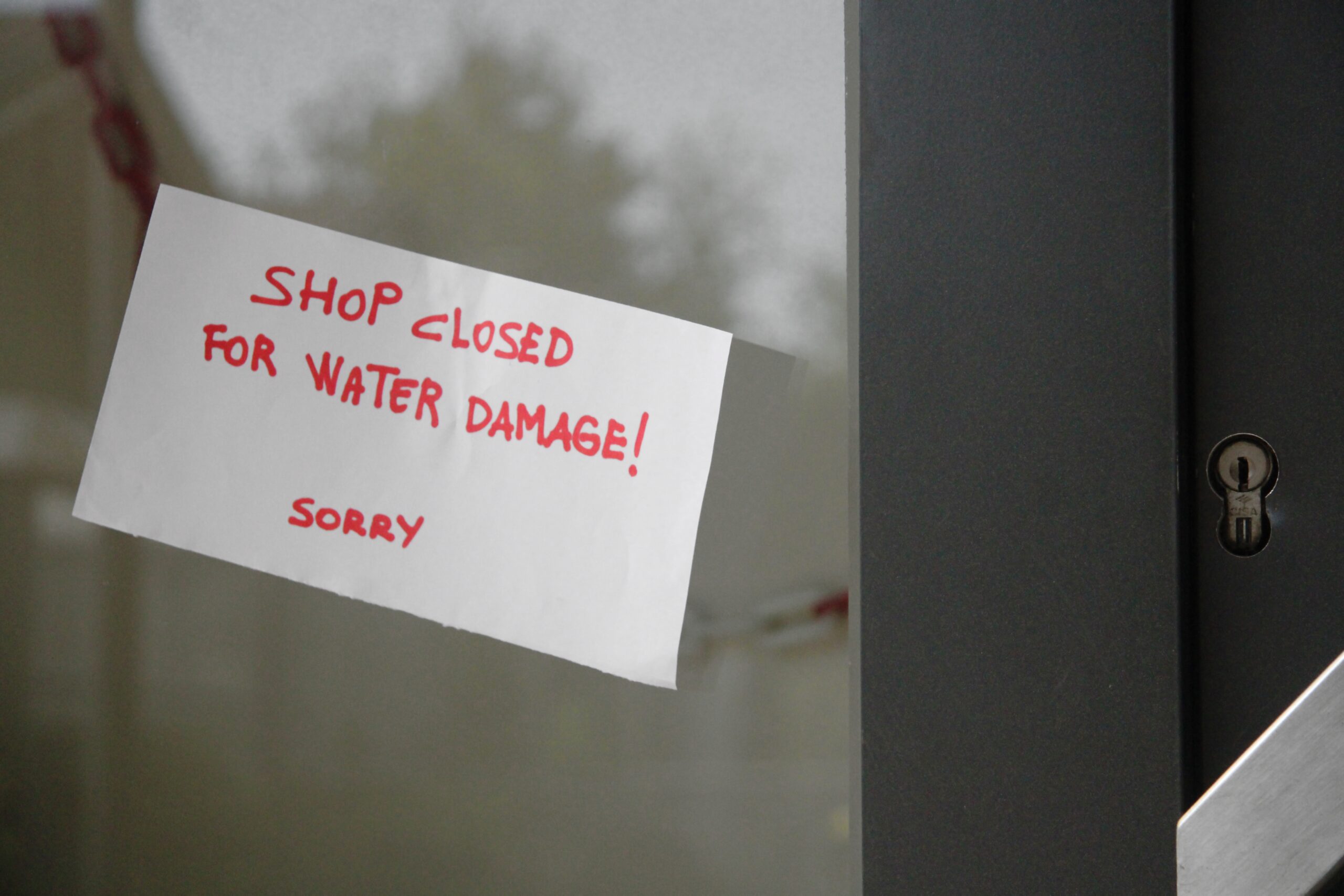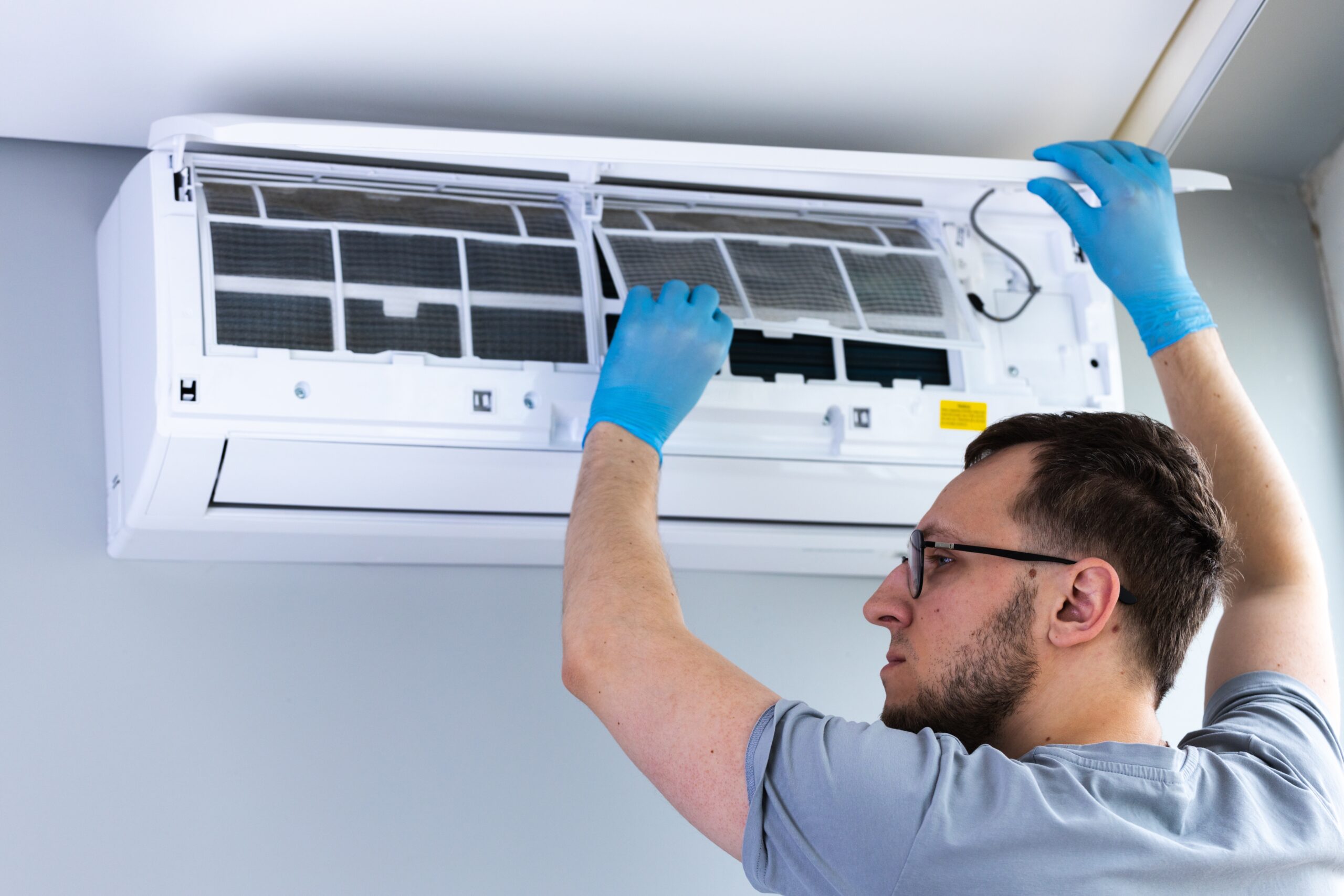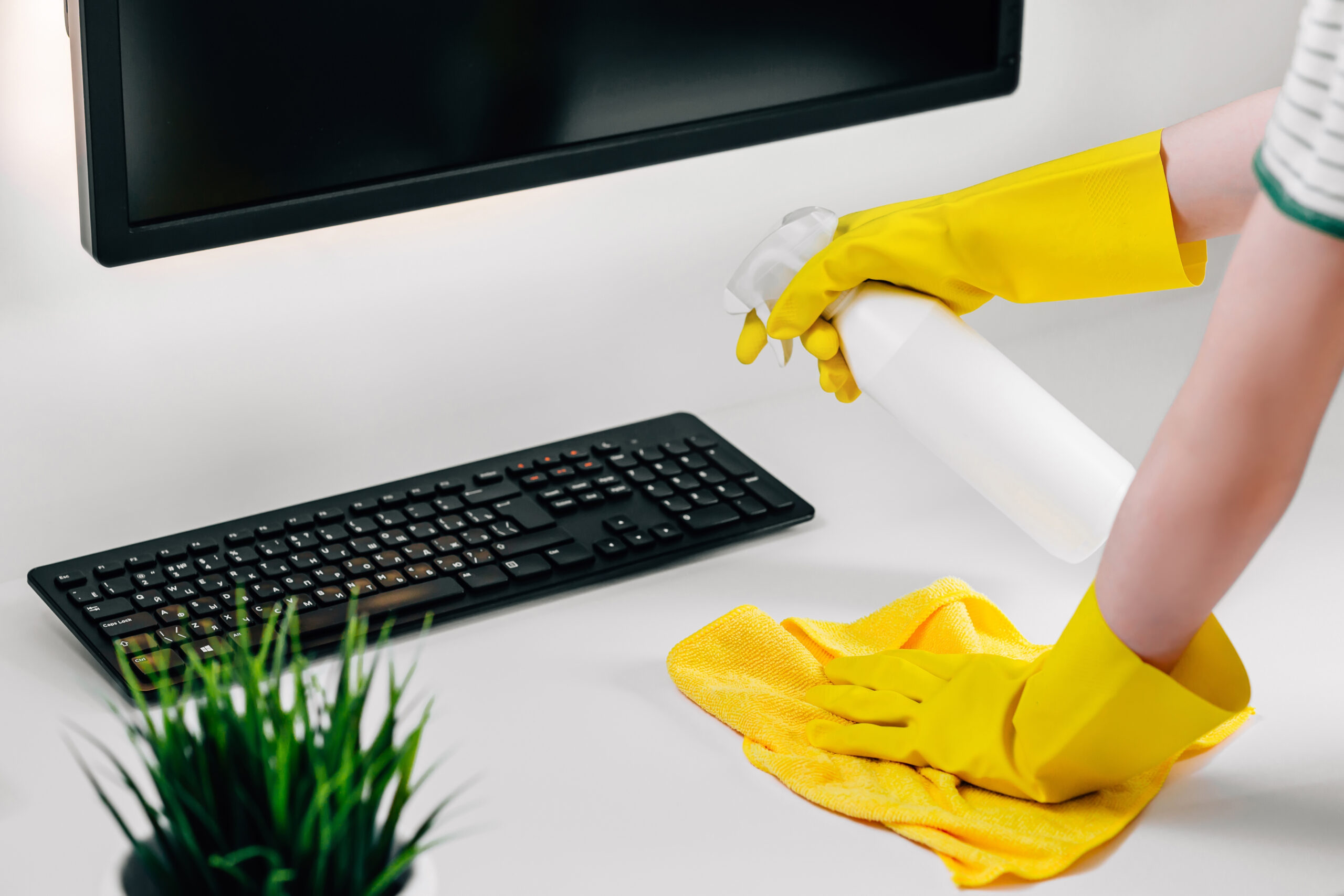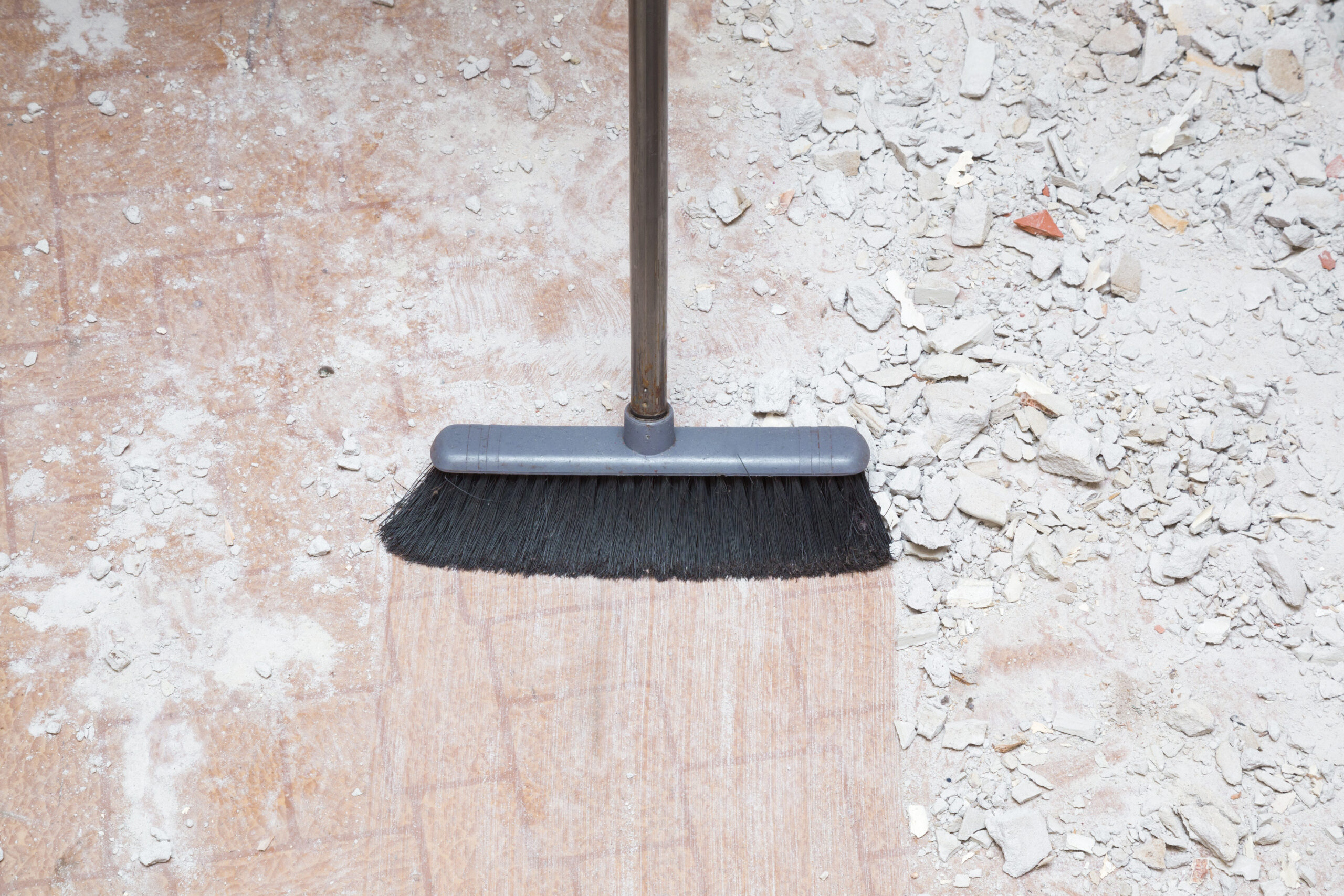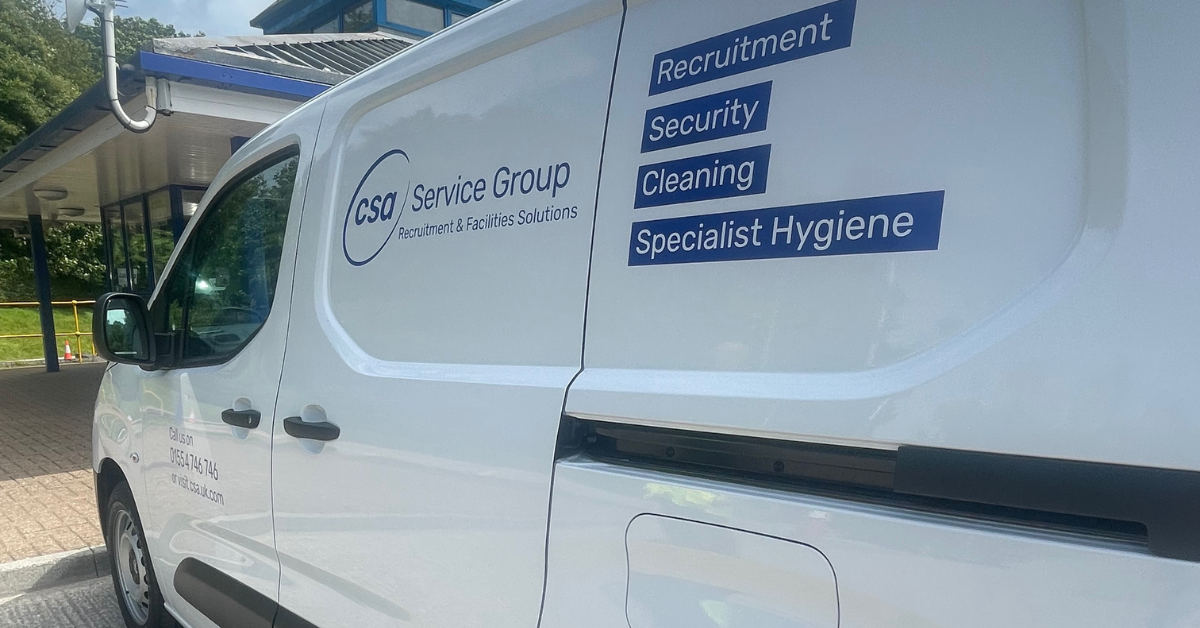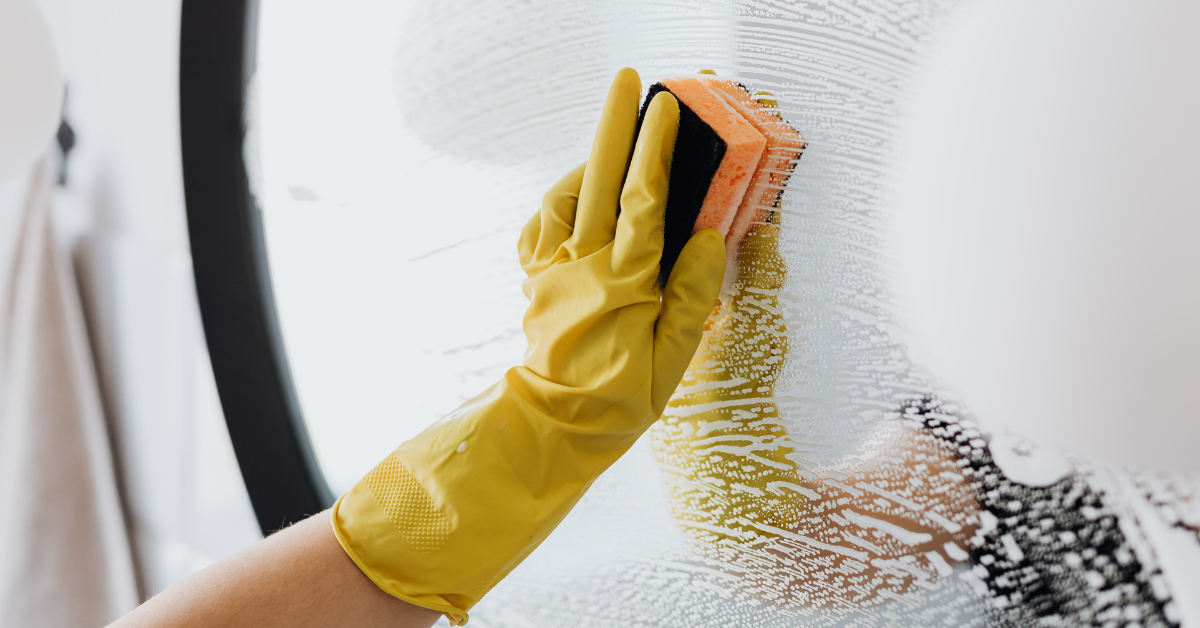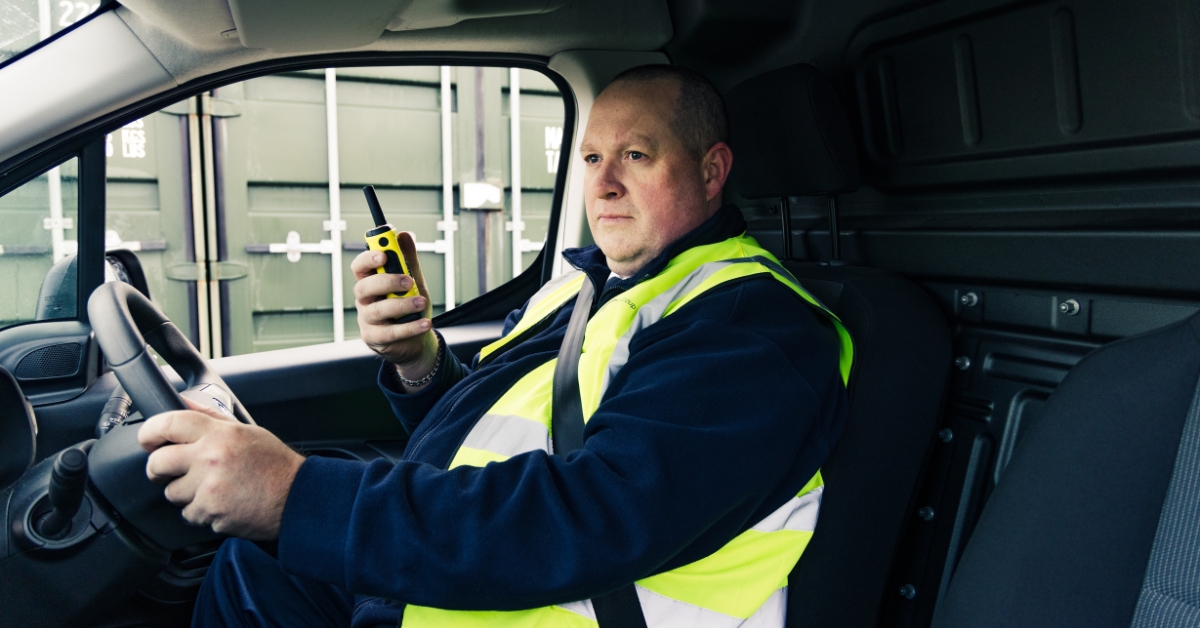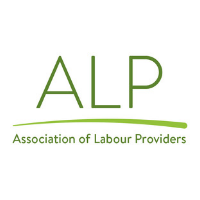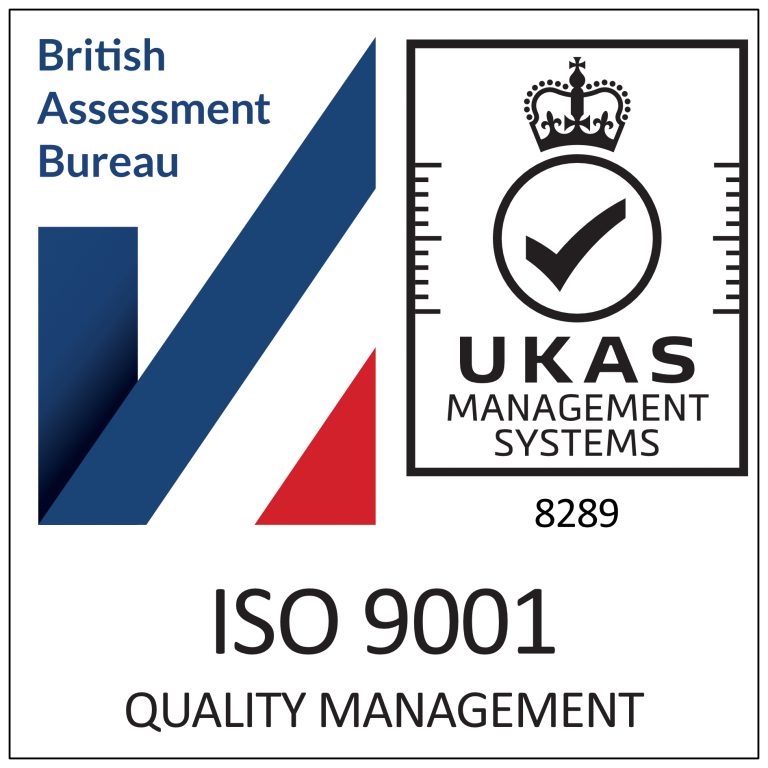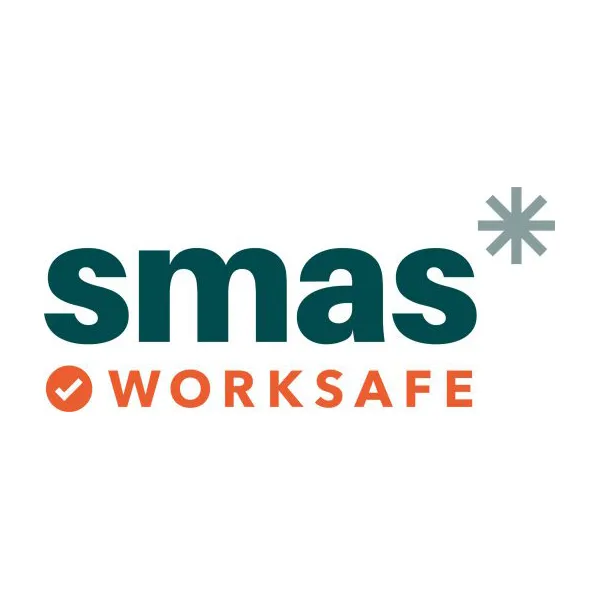Share This Article
Some working environments require specialist attention, and food production factories are a prime example where sanitisation goes far beyond routine cleaning.
Invisible threats like germs, bacteria, and viruses can easily linger in these settings. And that’s before you even consider the risks of cross-contamination, especially when working with high-risk food types.
In food production factories, it’s not just about sanitising work surfaces. Thorough cleaning must also extend to all equipment and materials, such as stainless-steel bowls and trays, including food-grade plastics and equipment such as blenders, mixers, ovens, refrigeration units, conveyor belts and so on. Wearing the correct PPE also plays a crucial role in maintaining the highest levels of hygiene.
Beyond production, storage and transportation must also be considered, as they’re vital parts of the operational chain. The same sanitisation standards apply in these areas, but the process should also include proper labelling, storage, and waste disposal practices.
This is highly important because:
1. Health
An area that hasn’t been sanitised poses a potential health risk to workers, such as food operatives. Bacteria, viruses and other pathogens can be picked up from materials and surfaces, leading to infections and foodborne illnesses. Poor storage and labelling can also result in accidents, contamination, and spillages.
2. Contamination
First and foremost, food production facilities are producing food for consumer consumption, so quality and standards are absolutely critical. Cross-contamination not only compromises quality, but it also poses a high-risk on health standards, which can lead to food being unsafe for consumption. Foodborne illnesses and allergic reactions can even result in legal action.
3. Compliance
Food production facilities are subject to strict standards of regulation relating to hygiene and sanitation. Falling below required standards can result in regulatory violations, fines, legal consequences, or the loss of accreditations – any of which could severely damage a business’s reputation and operations.
4. Waste
Improper disposal of food waste can lead to environmental pollution, pest infestations, and unsanitary conditions that pose a risk to public health.
Beyond hygiene, responsible waste management is also a key part of modern sustainability goals. Businesses are increasingly expected to reduce their environmental impact, and implementing cleaner, greener waste disposal practices is now both a regulatory requirement and a core part of many corporate sustainability strategies.
5. Efficiency
Accidents or cross-contamination involving food materials and equipment can disrupt both automated and semi-automated processes. A food production facility that isn’t properly sanitised and well-organised is unlikely to operate at peak efficiency. These disruptions can lead to delays, downtime, and increased productivity costs.
Conclusion
It’s therefore essential that food production factories are subject to a specialist cleaning regime (we know a great service if you’re interested *wink*).
At CSA Service Group we’re able to offer bespoke, outsourced hygiene services to suit your specific needs. We have worked closely with food production facilities over our 30 years of service, conducting risk assessments and advising on best practices.
This has resulted in a tailored service which ensures working environments are safe, compliant and operationally prepared.
So, if you require our input and services, please do not hesitate to contact our team for further support. We’re happy to help.
Further Reading
